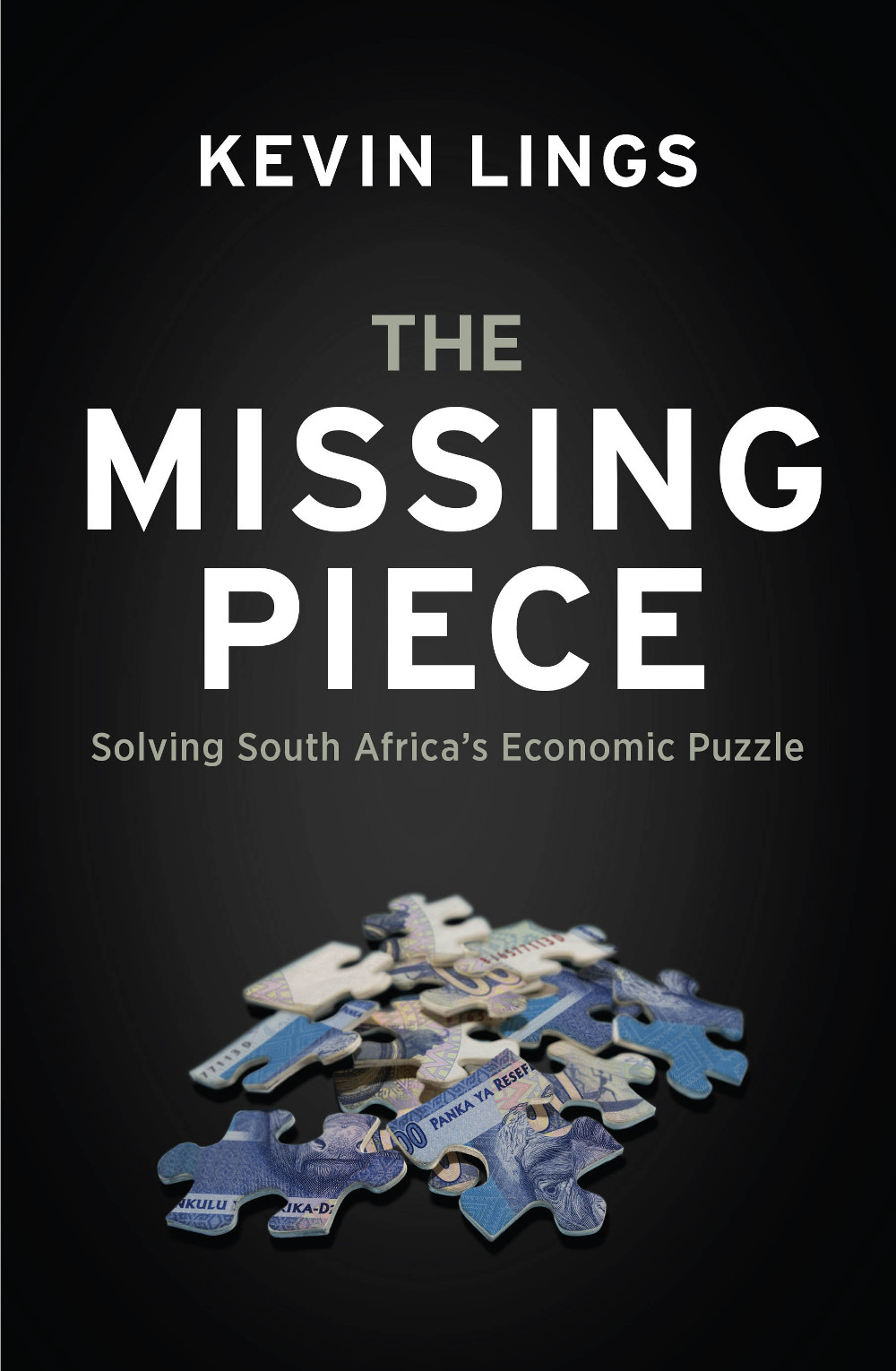The performance of South Africa’s agricultural sector over the past 20 years has been extremely disappointing. Not only has the overall growth rate been mediocre (the sector has grown by a modest average annual rate of 1.6% since 1994, making it the country’s second-worst performing industry since then) but also the number of commercial farms has declined, and employment levels have fallen at a time when global food demand is at a record high. The country urgently needs to enhance its rural development and job creation is critical.
Data on South Africa’s agricultural sector has improved in recent years but remains patchy. According to the department of agriculture, there were an estimated 60 938 commercial farming units in the country in 1996. This fell to 45 818 units in 2002 and 39 666 units in 2007 (latest data available), a total decline of almost 35%. At the same time, the number of people employed in the agricultural sector has dropped from around 922 000 in 1994 to 720 000 at the end of 2013.
Meanwhile, total farm debt, which is money owed by farmers to financial institutions, has risen from R18.18-billion in 1994 to R88.78-billion at the end of 2012 and, in 2012, the value of agricultural imports surpassed the value of agricultural exports for the first time in at least five decades.
The government’s National Development Plan (NDP) recommends that South Africa must aim to maintain a positive trade balance in agriculture. That goal is clearly already under pressure, after having been achieved each year for at least the previous 50 years. It is also another example of how significantly economic circumstances can change while plans are being formulated and debated.
The farming sector has been plagued by a number of difficulties, including a shortage of suitable irrigation in some parts of the country, sharp fluctuations in produce prices, an escalation in crime (including livestock theft and farmhouse murders), a lack of infrastructure (including export infrastructure), very low wages for many farm workers, erratic weather patterns and ongoing land claims that have still not been fully resolved.
Not all areas of farming have struggled. In fact, many types of agricultural activity have experienced very impressive growth over the past 20 years. This is most evident in fruit farming, especially the production of apples, grapes, oranges, lemons, bananas and avocados. In contrast, sheep, dairy and pig farming have stagnated, and wheat farming has declined. Fortunately, poultry activity has soared, whereas maize and cattle farming remain large and relatively stable.
Looking forward, it seems clear that South Africa needs to actively encourage the development of the agricultural sector. This includes a significant increase, probably in the order of 25% to 30%, in the amount of farmland under irrigation. This will take many years to achieve, but it is important to launch the process as soon as possible.
Other initiatives are also critical, including improved education and training in the broader agricultural industry; an enhancement of scientific research to support the local agricultural sector; a massive expansion of new farm entrants by institutions such as the Land Bank; an improvement in infrastructure to support the distribution and export of farm produce; incentives for exiting commercial farmers to encourage new farm entrants, including mentorship, skills transfer and voluntary access to underutilised land; and a more effective resolution of outstanding land claims, with a clear understanding of the prevailing fiscal constraints.
During the mid-1990s, the government allowed residents to submit land claims if they believed that they had been wrongly dispossessed of their land. This is a crucial process in addressing the ills of apartheid. The cut-off date for land-claim submissions was December 31 1998. Unfortunately, not all of the land claims have been resolved.
Furthermore, in early 2014 the government reopened the land-restitution process and set a new deadline of December 31 2018 for any additional land claims to be submitted. The government argued that many people had not been able to submit their claims before the initial cut-off date and should be given another chance.
Although this remains an important process in addressing the wrongs committed during the apartheid years, in effect it makes ownership of land, especially farmland, very uncertain because many farmers are not sure whether a land claim will be lodged against their farms.
Follow Kevin Lings on Twitter @lingskevin.
